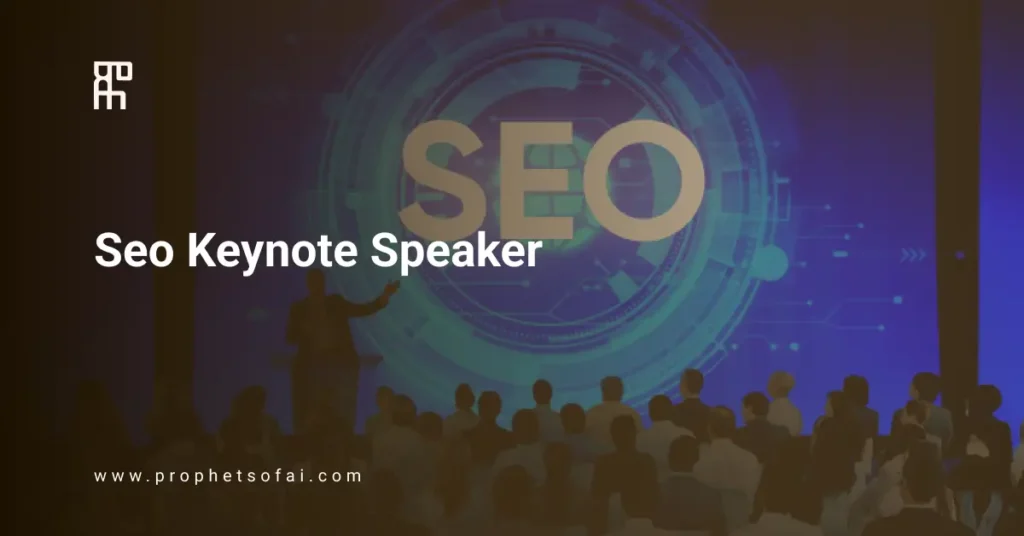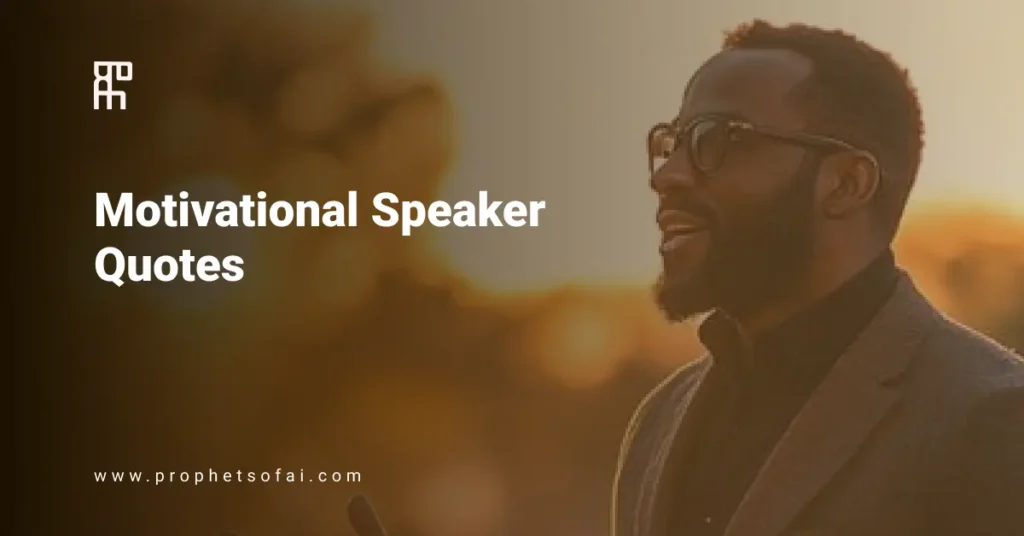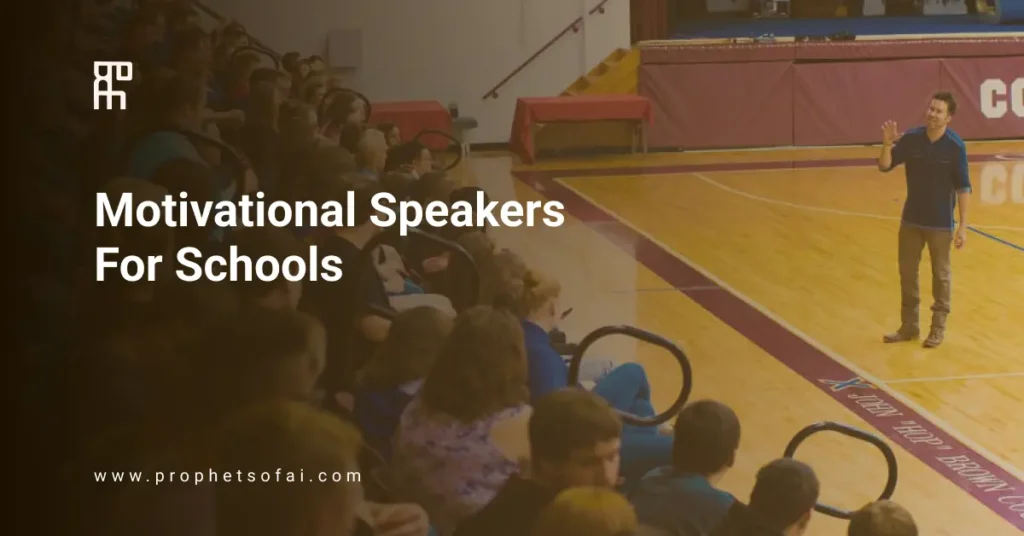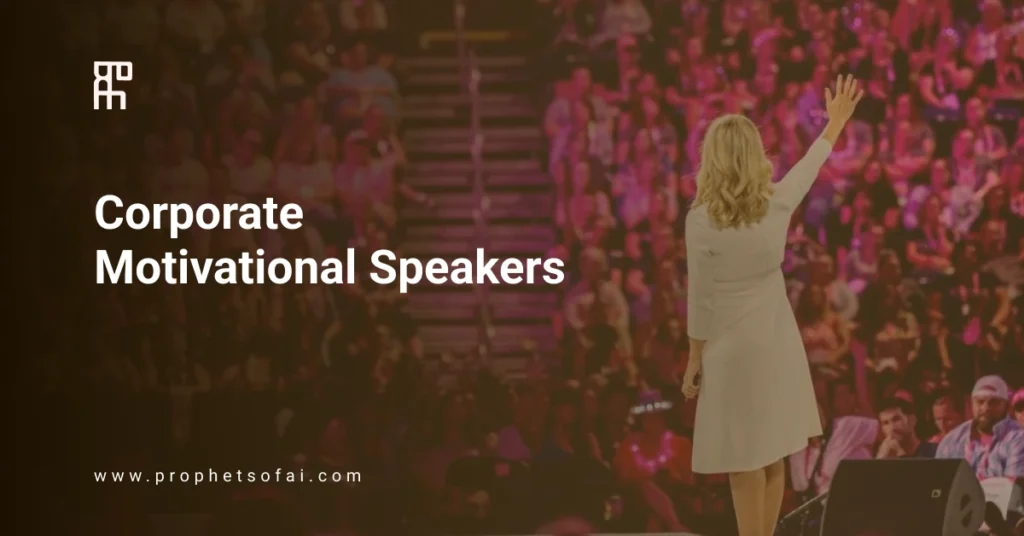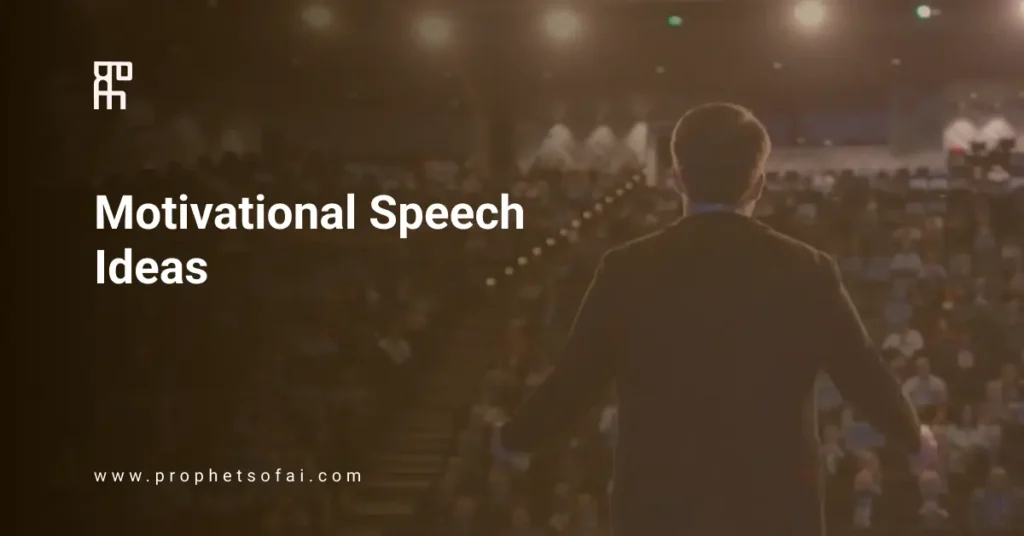Evaluating keynote speakers requires more than watching polished highlight reels and reading testimonials on their websites. A speaker who looks impressive on paper can still be the wrong fit for your audience, objectives, and budget. The difference between a transformative presentation and a disappointing one often comes down to the questions you ask during the vetting process. These 12 essential questions, organized across four critical categories, provide a systematic framework for thorough speaker assessment. Use them to compare candidates objectively, identify red flags early, and avoid costly booking mistakes that waste your budget and disappoint your audience. After you’ve learned how to find a keynote speaker, these evaluation questions help you select the right one.
Expertise and Credibility Questions
Question 1: What qualifies you as an expert on this topic?
Look beyond credentials and certifications. The best speakers have real-world experience actually living the content, not just studying it. They should articulate specific achievements, years of practice, published work, or transformative results they’ve delivered. Professional speakers connect their expertise directly to how it benefits your audience.
Question 2: Can you provide examples of similar audiences you’ve addressed?
Industry-specific examples matter significantly. Ask about audience size, format (in-person, virtual, hybrid), and industries they’ve served. A speaker who excels with 50 people in boardrooms may struggle with 500 in conference halls. Verify they understand your attendees’ challenges and can speak their language.
Question 3: What references can you provide from recent, comparable events?
Emphasis on “recent” (within 12-18 months) and “comparable” (similar industry, size, format). Request 3-5 references minimum. Professional speakers provide these willingly and enthusiastically. Outdated testimonials or reluctance to share references signals potential problems.
Red flags: Vague answers about expertise, inability to cite relevant experience, resistance to providing recent references, or claims that their content “works for everyone.”
Customization and Content Questions
Question 4: How will you customize your presentation for our specific audience?
Generic answers like “I always tailor my content” are red flags. Professional speakers should ask detailed questions about your organization, industry challenges, competitive landscape, and company culture. They’ll inquire about recent changes, strategic priorities, and what keeps your audience up at night. Speakers who jump straight to their standard pitch without understanding your context prioritize convenience over value.
Question 5: What information do you need from us to tailor your content?
Strong candidates request audience demographics, organizational goals, key stakeholders attending, desired outcomes, industry-specific challenges, and internal terminology. They should want multiple preparation calls starting 6-8 weeks before your event. Speakers who need minimal information deliver cookie-cutter presentations that rarely resonate. Understanding what does a keynote speaker do helps clarify the level of preparation and customization you should expect.
Question 6: What specific, actionable takeaways will attendees gain?
Demand concrete answers: frameworks, tools, strategies, or mindset shifts attendees can implement immediately. Professional speakers articulate 3-5 clear outcomes with supporting examples. Vague promises about “inspiration” or “motivation” without substance indicate shallow content that won’t deliver lasting value.
Red flags: Resistance to customization, minimal preparation requirements, inability to define specific takeaways, or claiming their standard presentation already fits perfectly.
Engagement and Delivery Questions
Question 7: How do you engage audiences during presentations?
Specific techniques matter more than general claims. Ask about live polls, interactive exercises, Q&A management, storytelling methods, and audience participation strategies. For virtual or hybrid events, engagement becomes even more critical since remote audiences disengage faster. Professional speakers describe concrete tactics they use to maintain attention and create memorable moments.
Question 8: What’s your experience with our event format (in-person/virtual/hybrid)?
Each format requires different skills. Virtual presentations demand stronger vocal variety, frequent engagement prompts, and technical proficiency. Hybrid events require managing both in-person and remote audiences simultaneously. Ask for specific examples of presentations in your chosen format and how they adapted their approach. Don’t assume in-person expertise translates to virtual success.
Question 9: Can you describe a time when a presentation didn’t go as planned and how you adapted?
This question reveals problem-solving ability, flexibility, and professionalism under pressure. Strong candidates share honest stories about technical failures, difficult audiences, or unexpected situations—and how they recovered. Their responses demonstrate self-awareness and growth mindset. Speakers who claim nothing ever goes wrong lack either experience or honesty.
Red flags: Generic engagement claims without specific techniques, no experience with your event format, inability to discuss challenges or adaptations.
Logistics and Value Questions
Question 10: What’s included in your fee, and what costs extra?
Demand complete transparency upfront. Clarify whether the quoted fee covers travel expenses, accommodation, pre-event consultation calls, post-event follow-up, recording rights, promotional support, or extended Q&A sessions. Hidden costs can quickly double your budget. Professional speakers provide detailed breakdowns including travel class preferences, hotel standards, per diem requirements, and any technical equipment needs beyond standard AV setups.
Question 11: What are your complete technical requirements?
Get specifics: microphone type, lighting needs, slide management systems, confidence monitors, video playback capabilities, stage configuration, and setup time required. Share these requirements with your venue team immediately to identify potential issues early. Technical surprises on event day create disasters that even great content can’t overcome.
Question 12: What’s your cancellation policy and backup plan?
Discuss cancellation timelines, refund terms, rescheduling options, and force majeure clauses covering emergencies, illness, or natural disasters. Professional speakers carry liability insurance and have clear policies about notice requirements. Ask if they have backup speakers they can recommend if absolutely necessary. Understanding contingencies before problems arise prevents last-minute panic.
Red flags: Fee opacity, unwillingness to detail what’s included, vague technical requirements, no formal cancellation policy, or dismissiveness about logistics planning.
Red Flags to Watch For During Speaker Evaluation
During your evaluation process, certain warning signs should immediately raise concerns about a speaker’s suitability. Watch for vague or evasive answers that avoid specific details—professional speakers respond confidently with concrete examples and evidence. Resistance to content customization or claims that their standard presentation already fits perfectly suggest inflexibility and lack of genuine interest in your event’s success. Inability to provide recent references from comparable events indicates either limited experience or poor past performance they’re trying to hide. Poor communication responsiveness during the inquiry process often predicts collaboration problems later in the planning process. Fee opacity or reluctance to detail what’s included versus additional costs suggests hidden expenses that will inflate your budget. Outdated video samples, unprofessional marketing materials, or defensive reactions to legitimate questions all signal potential problems. Trust your instincts throughout the evaluation—if something feels off during the vetting process, it will likely be worse during the actual event.
Creating Your Evaluation Scorecard
Build a systematic comparison tool to evaluate multiple candidates objectively. Create a spreadsheet listing all 12 questions with a 1-5 rating scale for each response (1 = poor, 5 = excellent). Include space for detailed notes, specific examples mentioned, and initial impressions. Calculate total scores for each of the four categories: Expertise and Credibility, Customization and Content, Engagement and Delivery, and Logistics and Value. Weight categories based on your event priorities—if customization is critical, give that category double weight in your final calculations. Share the scorecard with key stakeholders and decision-makers for collaborative evaluation rather than relying on one person’s judgment. This structured approach removes emotion from the decision, documents your reasoning for budget approvals, and provides clear justification for your final choice. Compare candidates side-by-side to identify strengths, weaknesses, and the best overall fit for your specific event needs. What makes a good keynote speaker? Your scorecard will help you identify the qualities that matter most for your event.
Conclusion
These 12 questions provide a comprehensive framework for evaluating keynote speakers systematically and objectively. By assessing expertise, customization capability, engagement strategies, and logistical transparency, you protect your investment and ensure speakers deliver measurable value. Professional speakers welcome tough questions and answer confidently with specific details. Vague responses, resistance to inquiry, or communication problems during evaluation predict larger issues after booking. The time you invest in thorough speaker evaluation prevents costly mistakes and disappointing events that damage your professional reputation.
Prophets of AI maintains a rigorously pre-vetted network of expert keynote speakers specializing in artificial intelligence, technology, and innovation. Every speaker in our bureau has been thoroughly evaluated across all these criteria, ensuring they deliver exceptional value, customized content, and professional reliability. Visit https://prophetsofai.com/ to find your ideal keynote speaker today.
